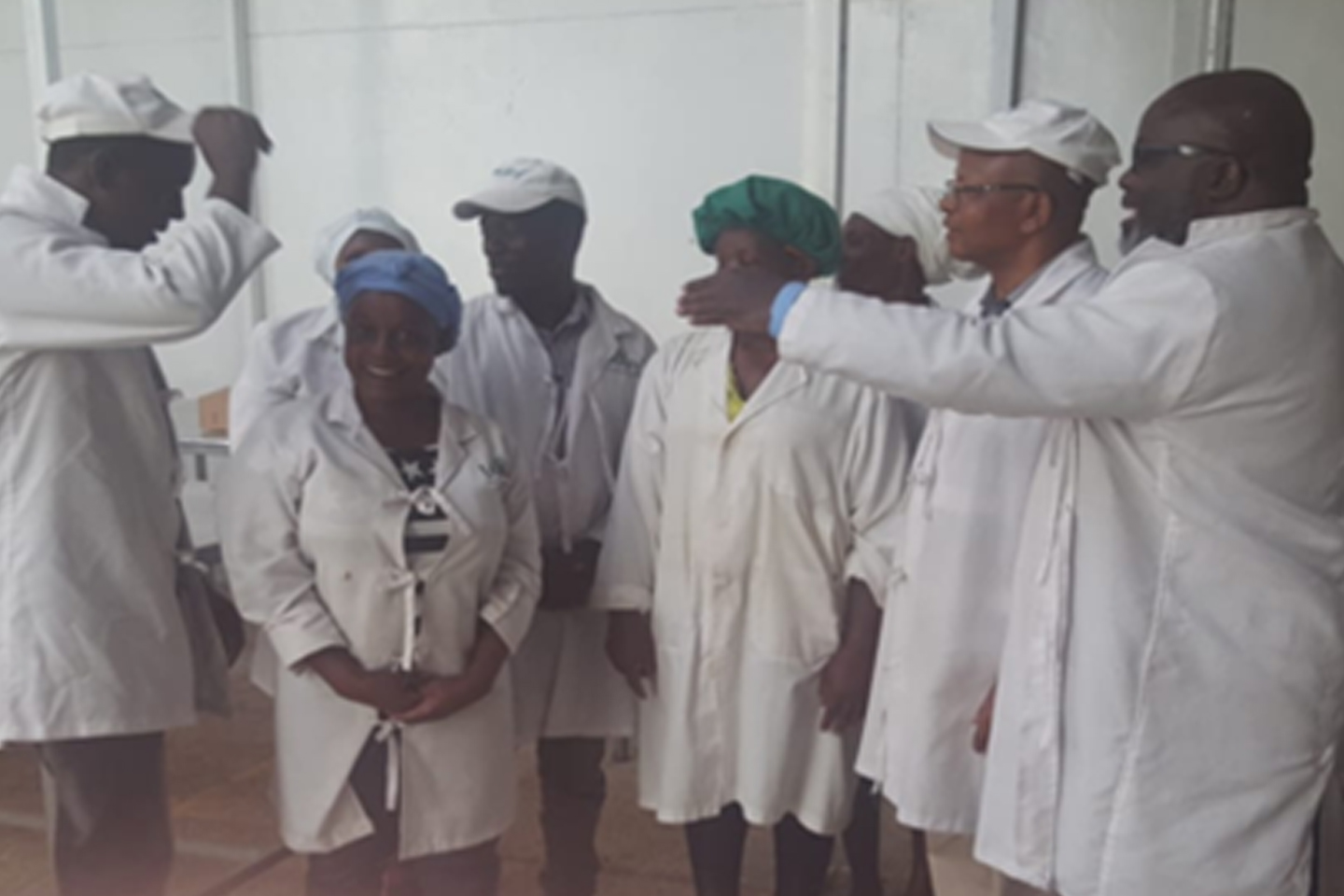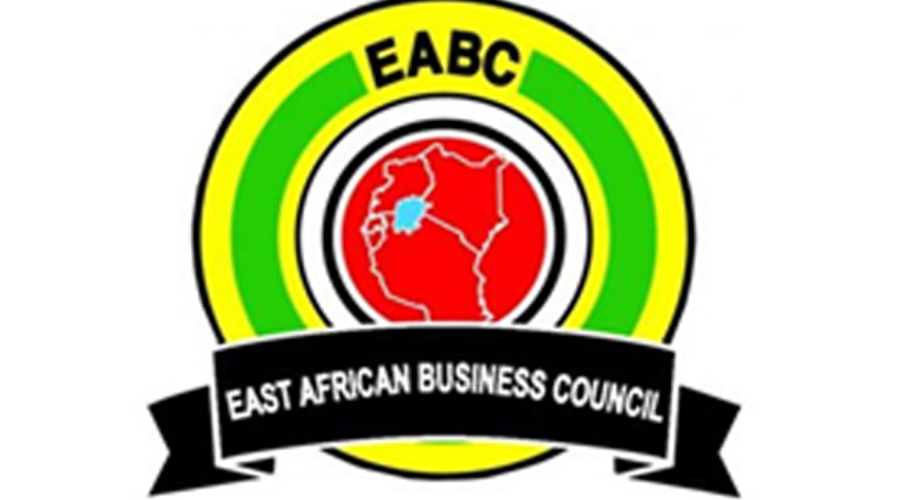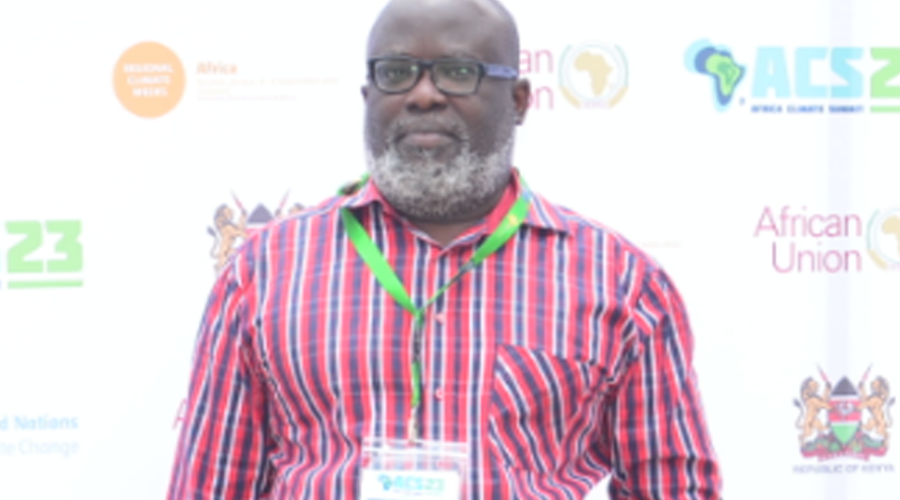Advisory and fund management group, MafAfrique, have committed to raising and investing up to USD 1.5 Million in ISQCL, Kenya to scale up its sustainable fruits and vegetables sourcing , production and value addition that is expected to grow the export market for fruits and vegetables while creating jobs and opportunities from hundreds of medium sized agricultural land owners. The advisory together with access to financing will allow ISQCL that was formed in 2015 to scale up mainly exotic fruits and vegetables production for the export market particularly Middle East, Eastern and Central Europe under an integrated hub and spoke model.
MafAfrique with presence in Kenya, Romania and Zimbabwe, mainly target export oriented small to medium-sized enterprises specifically in three key sectors – mining, energy and integrated agribusiness across Africa typically advising and leveraging advisory business to unlock investment opportunities. The collaboration to advice and invest in ISQCL represents a major step forward in the company’s strategy to unlock the full potential of Africa’s underperforming integrated agribusiness sector whilst generating employment and economic development.
“The advisory and investment is intended to grow and expand exports of demand driven high value exotic fruits and vegetables beyond our existing markets i.e. France and Great Britain to fast growing markets of Middle East, Eastern and Central Europe, under hub and spoke model whereby carefully selected independent medium sized horticulture farms with good agricultural practices (spokes) shall be zoned and structured as aggregators, feeding into one central pack house (hub) under a master-feeder arrangement. The hub located near the international airport in Nairobi, shall provide technical support to the farms in addition to coordinating all quality, standards and export arrangements. The arrangement will not only offer 100% off take guarantee for the spokes but will also improve farm and out grower earnings, developing a sustainable, highly efficient and scalable supply chain for the future.‘ Said ISQCL MD Mr. Geoffrey Rimbeere.
“Privileged to work with ISQCL especially at a time when East Africa is experiencing a significant growth in both the number of managed greenhouse leasing programmes as well as medium sized farms that are competing for a near saturated export markets of Western Europe.” said MafAfrique Cofounder and Chairman, Byron Mudhune. “In light of competition from South American producers, Cost efficiency, product differentiation and niche offerings targeting Middle East, Eastern and Central Europe market are going to be some of the critical success factors for exporters from Africa. With our advisory and market access service, strategic buyers mostly in Eastern and Central Europe will initially extend their involvement with the hub beyond just creating new export markets through off take agreement but also deploying technology based solutions to enhance productivity and embrace sustainable farming methods. Our expectation is that this pilot model will improve export quality, enhance reliability and volumes thereby increasing export earnings by making production and export processes more efficient, therefore achieving economies of scale.” He added.
“With the Russia ban on EU food and agricultural produce, Eastern, Central Europe and niche market in Middle East have become relatively new growth markets for African producers and an area where Kenya is best positioned to serve. Buyers in these areas are not only demanding increased focus on food safety, product quality and social, environmental and business compliance which is now a precondition to market access but also reliability. A reliable supply is increasingly becoming a major factor for buyers.” Said Mr. Ramil Galimov, a representative of the buyers from Eastern, Central Europe and Middle East countries.
Limited investment in sustainable raw material supply, mushrooming of many medium scale farms in multiple locations producing similar product offering, rise of middlemen in the agriculture supply chain, rising costs on farm inputs and finished products, compliance with strict export standards and reliance on fiercely competitive traditional markets mainly Western Europe have challenged Kenya’s fruits and vegetables subsector creating “diseconomies” of scale for medium sized producers. The initiative is expected to gradually reverse this trend.






